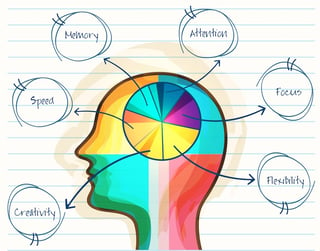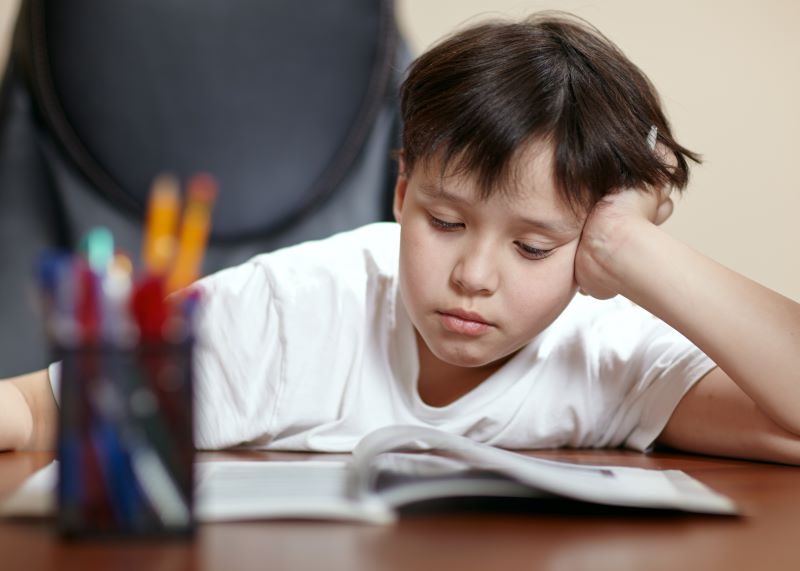
Learning and memory are two of the earliest, most fundamental, human mental processes. And they are so closely related that people can easily confuse the two concepts or believe them to be the same. What can be positively stated is that memory and learning are two distinct phenomena. However, they are highly dependent upon one another and the brain processes related to memory and learning are very convoluted. So much so, that it would take a great amount of time for me to try to explain these processes. Therefore, we’re going to stick to the basics and begin with attempting to define memory and learning.
Defining Memory and Learning
According to Matlin (2005) memory is the process of maintaining information over time. It does not require understanding; only maintenance. An example of this would be reciting random numbers to yourself repeatedly to keep them in your short-term memory bank. In contrast, learning is defined as the relatively permanent change in a person’s knowledge or behavior due to experience (Mayer, 2003). Returning to the random number example, learning would take place once the random numbers enter long-term memory, are understood to be the numbers associated with Papa John’s, and eventually used to order the delicious morsel that is Papa John’s pizza! If those numbers aren’t used consistently or written down for a reminder, they will most likely be lost. This is essentially the procedure of memory and learning. With this understanding, memory is what leads to learning. However, learning can also lead to memory.
Memory is essential to all learning because it lets you store and retrieve the information that you experience. A person that was bitten by a dog and stays away from dogs due to the fear of being bitten again, is a great example of how learning can lead to memories. From this understanding of learning, memories are the records left by our learning process.
Why We Can’t Have One Without the Other
Now that we have a basic appreciation of the complicated relationship between memory and learning, it may be easier to understand why we can’t have one without the other. Many students with perfectly intact memories perform poorly because they do not truly understand the link between memory and learning. They often think that if they understand what their teacher says about a topic or if they comprehend what they read in their textbooks, that they have a good grasp on that information. In reality, we lose information that we do not use consistently because our memories allow for learning to decay. Information that is not relevant to an individual is lost. To make information relevant it must be used.
In conclusion
Although the breadth of this post was to explain the relationship between memory and learning, I said all of that to say: please encourage your children to study! Even for yourself, make sure that you stay up to date with learning. Go over things that you’ve learned in the past and understand that studying is pivotal to learning because it incorporates repetition, which leads to storage of information and relevant retrieval from long-term memory. Memory and learning are distinct parts of a feedback loop and experience (studying, going out into the world, etc.) is at the center of both.
References:
Matlin, M. W. (2005). Cognition. Crawfordsville: John Wiley & Sons, Inc.
Mayer, R. E. (2003). Learning and instruction. Prentice Hall.
Lyon, G., & Krasnegor, N. A. (1996). Attention, memory, and executive function. Paul H Brookes Publishing.





